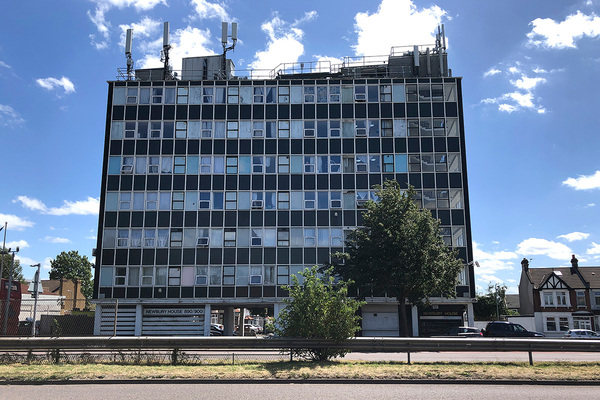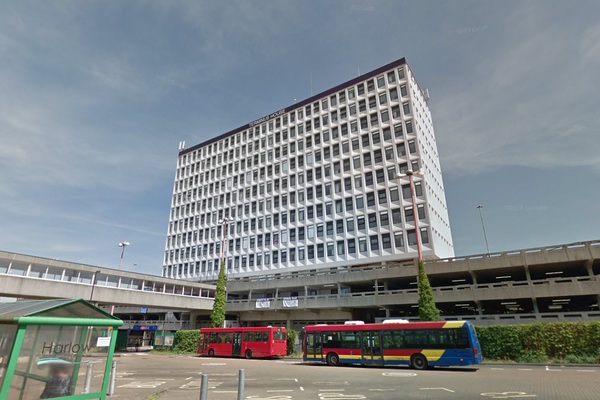You are viewing 1 of your 1 free articles
Permitted development creates ‘worse-quality’ homes, says government-commissioned report
A government-commissioned report has concluded that permitted development rights (PDR) create “worse-quality residential environments” on the same day ministers laid out plans to further expand the planning loophole.

Based on an analysis of permitted development schemes across 11 local planning authorities, the report found that just 22.1% of homes created through PDR meet national space standards, compared with 73.4% delivered through full planning permission.
Of the dwellings that failed to meet space standards, those developed with full planning permission were found to be only slightly under recommendations, while those created through PDR were often significantly lower: some studio flats were as small as 16sqm.
Researchers also found that homes created via PDR tended to have poorer access to light, with 10 (0.4%) of the units studied having no windows at all.
The report said: “Given these considerations, we would conclude that permitted development conversions do seem to create worse-quality residential environments than planning permission conversions in relation to a number of factors widely linked to the health, well-being and quality of life of future occupiers.”
Yesterday ministers laid before parliament legislation to expand PDR, which allow developers to bypass the planning process if certain criteria are met.
In a joint letter to housing secretary Robert Jenrick, the Royal Institute of British Architects (RIBA), the Chartered Institute of Building, the Royal Institution of Chartered Surveyors and the Royal Town Planning Institute condemned the move.
They warned that “without significant safeguards”, the new PDR rules “will lock in more unacceptable development, the consequences of which we will live with for generations or must rectify later at greater expense”.
Under the government’s new proposals, which were unveiled as part of its COVID-19 recovery plan, developers will, among other things, be able to demolish vacant residential and commercial buildings and replace them with homes without planning permission.
The government has argued that the changes will lead to the delivery of more homes and will create jobs within the construction sector. However, a number of housing figures have told Inside Housing that the plans could lead to poor-quality housing and a reduction in the number of affordable homes.
The planning system is one of the main funding mechanisms for affordable housing as developers are usually required to provide a certain percentage of sub-market homes via Section 106 agreements, alongside financial contributions to local infrastructure.
In addition to the issues surrounding space and quality, the government-commissioned report found that the majority of permitted development schemes did not make contributions via Section 106 or the Community Infrastructure Levy.
David Renard, housing and planning spokesperson at the Local Government Association, said the report “rightly highlights how these conversions mostly avoid making any contribution to local areas”.
In answer to a parliamentary question this week, housing minister Christopher Pincher confirmed that the government has not made any estimates of how many of the extra homes it plans to deliver through the new PDR will be affordable.
Alan Jones, president of RIBA, said it is “disgraceful” that the government is planning to expand PDR.
A spokesperson for the Ministry of Housing, Communities and Local Government said: “Permitted development rights make an important contribution to building the homes our country needs and are crucial to helping our economy recover from the pandemic by supporting our high streets to adapt and encouraging the regeneration of disused buildings.
“This independent research shows on average there was little difference in the appearance, energy performance or access to services between schemes delivered through permitted development and those that were granted full planning permission.
“All developers should meet the highest possible design standards and the changes we are making will continue to improve the quality of these homes, including new requirements for natural light and checks to ensure changes are in keeping with the character of their local area.”
Last month the government amended PDR rules to ensure all new dwellings have “provision of adequate natural light to all habitable rooms”. But the legislation tabled yesterday has no mention of measures to ensure tiny homes are not delivered through PDR or that developers provide affordable housing.
Sign up for our daily newsletter
Already have an account? Click here to manage your newsletters











